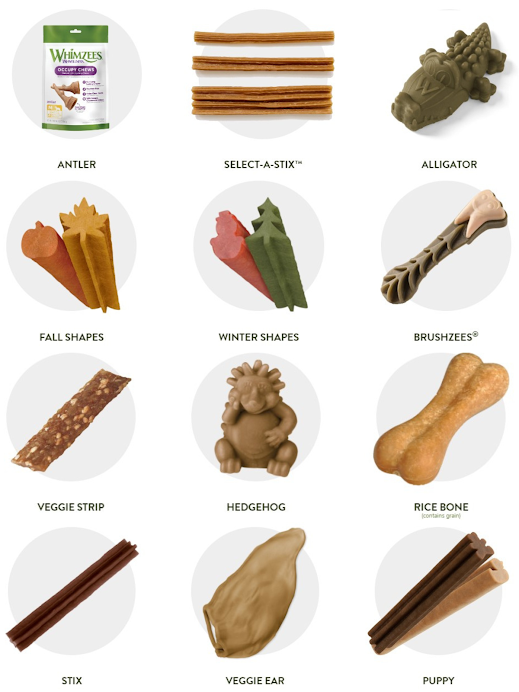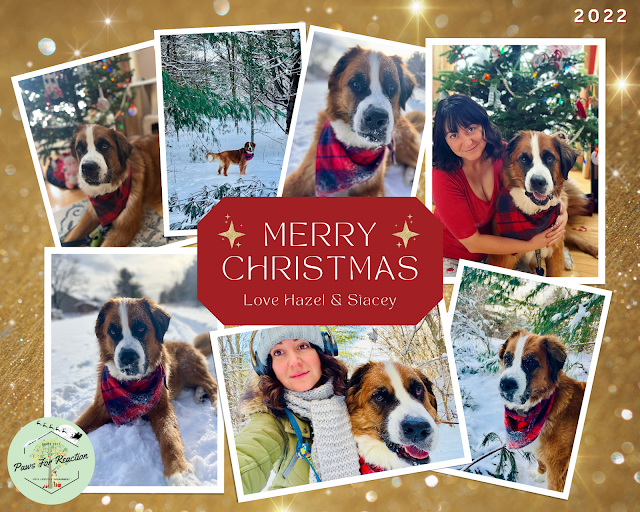I'm fundraising for Farley Month! The Farley Foundation helps low-income pet owners in Ontario by subsidizing the cost of urgent veterinary care for sick or injured pets. This is a cause that I'm deeply passionate about. With your help, this year’s fundraising will be a SCREAM! Will you make a donation?
Showing posts with label dog. Show all posts
Showing posts with label dog. Show all posts
Please VOTE for Hazel! Hazel the disabled Saint Bernese dog is a throwback to the 90s' as a limited-edition TY Beanie Baby! Turning 10 this January, she is considered vintage, so it's a fitting costume. Hazel may not be spooky but she is magical!
In love with love: Today isn't about romance, it's about LOVE
I have a public service announcement to make, brought to you by someone who doesn't live her life 'as expected.' I'll keep it brief. Here it is: We have been doing Valentine's Day ALL WRONG. Today is thought to be a day of 'romance.' I think it's time to divorce that concept. Ghost it. Valentine's Day is about LOVE.
Ask a vet: How do I improve my dog's dental health and prevent dental disease?
It's time to flip that lip, cause it's National Pet Dental Health Month! If I'm being honest, every month is Pet Dental Health Month, but it's nice to have an annual reminder during February that dental care is important. I'm interested in what the common signs of dental disease are in dogs and how I can prevent my dog from getting dental disease? So I did what I do best. I asked a vet! I interviewed Dr. Danielle Bernal, DVM, an on-staff veterinarian at Wellness Pet Company. Dr. Bernal has over a decade of experience in veterinary medicine, specializing in animal nutrition. I didn't want to get my dog’s dental health advice by word of mouth, so I asked a trusted source.
What is dental disease in dogs?
Your veterinarian told you that your dog has dental disease. What does that mean? Your vet may also refer to dental disease as periodontal disease. Fun fact: Perio means around and dontal means tooth. Disease around the tooth! Essentially it is inflammation of the gums (gingivitis) or infection surrounding the tooth. An accumulation of tartar on your dog's teeth causes an infection that can lead to gum recession around the base of the tooth. If left untreated the infection can spread to the tooth socket. That's what leads to your dog's teeth falling out. The infection in the tooth socket causes your dog's tooth to loosen and fall out. Other dental problems your dog can have include broken or fractured teeth, tooth root abscesses, and oral tumours.
Dental disease is one of the most common diseases in companion animal pets. Over 80% of dogs over the age of three (source: VCA) have active dental disease. According to WHIMZEES® by Wellness® 96% of senior dogs have dental disease. I'm looking at you, Hazel! Dental disease can cause chronic pain and infections that can make your dog very sick. A common question pet owners have is...
Can I stop my dog from developing dental disease?
Dogs are like people. We all develop plaque and tartar on our teeth just by existing. There's no way to avoid it. I know, it bites! But you can prevent dental disease from progressing quickly in your dog's mouth pretty much the same way you do in yours. Daily teeth brushing and professional veterinary dental cleanings.
Realistic, right? Now before you roll your puppy dog eyes at me, I get it. Daily teeth brushing is easier said than done. In fact, I only know a few people who actually brush their pet's teeth every day- and they are dedicated, pet-owning SUPER STARS! However, I am not one of them. I can't even blame Hazel. She is a super-tolerant dog who loves doggy toothpaste. It's on me. But I'm not alone. New data from WHIMZEES by Wellness finds that very few Gen Z and Millennial pet parents are brushing their dog’s teeth daily, and dog owners often face toothbrush troubles, with some reporting dogs have given side-eye (58%) or run away (41%) at the sight of one.
As for veterinary dentistry, I know it's expensive. The main reason is that pets require anaesthetic to have a professional dental cleaning. Unlike you and me, a dog will not sit still for x-rays or open its mouth on command. This means that a dental cleaning on an awake canine patient would require a level of restraint and risk to the patient that is inhumane. It would also be incredibly dangerous for the medical team.
Even for someone like me who works at veterinary clinics and has had generous employee discounts, I have yet to be able to afford dentistry for any of my pets. Even when Keira really needed one. Life circumstances prevented me from saving up for it. The reality is that many pet owners are in a situation similar to mine. Dentistry and teeth brushing are plan A. It is the best dental disease prevention. But if that is not doable, then what is plan B?
How can I prevent dental disease in my dog? (Plan B)
Veterinary dentistry once a year as prevention and daily teeth brushing is the best prevention, your plan A. Dentistry and teeth brushing aside, the next best prevention is veterinary dental diets. These diets are formulated by veterinary nutritionists and are subject to clinical trials to ensure they are effective in reducing plaque and tartar, delaying the progression of dental disease. Diets like Royal Canin Veterinary Canine Dental, Hills Prescription t/d Dental Care, and Purina Pro Plan Veterinary DH Dental Health are fantastic dog food options to prevent dental disease. These diets have complete and balanced nutrition. They also have the most important thing a pet dental product should have: the VOHC seal. Dr. Bernal explained why the VOHC seal is important to see on a pet dental care product.
"It's basically a great way of knowing you've got a high-quality and scientifically proven product. The VOHC stands for the Veterinary Oral Health Council and to get their seal of acceptance for plaque and tartar you have to do rigorous and standards of high exceptions scientific testing," said Dr. Bernal. "Only if you meet certain levels of plaque and tartar reduction do you get awarded their seal of acceptance."
Watch the video interview with Dr. Bernal to learn more about doggy dental prevention!
The best dental chews, treats, and supplements, like water additives, will also have the VOHC seal- like Whimzees Brushzees®. The most high-quality pet toothpaste will also have the VOHC seal. Always use toothpaste made for pets. Never use human toothpaste to brush your dog or cat's teeth.
The most comprehensive plan to prevent canine dental disease includes all of the following:
-Yearly professional veterinary dentistry procedure for your dog
-Daily tooth brushing using VOHC toothpaste made specifically for pets
-Veterinary dental health dog food with the VOHC seal
-Dental chews with the VOHC seal
-Dental treats with the VOHC seal
-Dental supplements, like water additives, with the VOHC seal
-Toys that promote dental health
What are the signs of dental disease in dogs?
If all dogs develop some dental disease in their lifetime, you may be asking yourself what are the symptoms of dental disease in dogs? Does my dog have dental disease that is painful? There are things to look for if you want to find out if your dog has an infection in its mouth, but most importantly you have to look.
"I encourage pet parents to look at their dog's teeth. They may not ever really lift that lip," said Dr. Bernal. "Look at those teeth in the hard-to-reach places. That's where you'll often see some discolouration, maybe some yellow to brown build-up on their teeth. That's a good sign that there's plaque and tartar."
When I interviewed Dr. Andrea Sanchez, DVM, of Banfield Pet Hospital, she showed me her 'flip-check-treat' 3-step technique for checking your dog's mouth.
Watch the video of Dr. Andrea Sanchez demonstrating 'flip-check-treat.'
Flip-check-treat is Dr. Sanchez's "three-step process that we recommend for getting dogs used to having us in their mouths."
"I’m going to flip his lip, and I’m going to check real quick for signs of dental disease. I’m going to look for yellow or brown discolouration of the teeth, redness or inflammation of the gums, and I’m going to check for that bad breath too," Dr. Sanchez said. You can watch a video of Dr. Sanchez doing the 3-step 'flip-check-treat' process to learn how to do it yourself.
When dental disease has progressed to a state that may cause your dog to have infected teeth, you will notice other signs. Plaque and tartar will darken and cover more of the tooth.
"It might be quite abundant," Dr. Bernal explains. "Residue almost like concrete, and red and inflamed gums. That's a more serious case of dental disease."
Of course, when dental disease worsens you can see gum recession and tooth loss. Another sign of dental disease is something that pet parents have accepted as a normal part of dog ownership.
"Check for that doggy breath. We may think about it as part of a dog but in actual fact, it's a key sign of dental disease," Dr. Bernal said.
How do dogs act when their teeth hurt?
If your dog's mouth hurt from dental disease you may notice your dog acting 'head shy' or reluctant to let you touch its mouth. Your dog may whimper, most often when chewing or eating, or cry while yawning. You may notice a loss of appetite, although some dogs are so food motivated they will eat through the pain. Some dogs may chew on one side of their mouth, or you may notice food falling out of your dog's mouth when it eats. Your dog may drool more. Some pets self-isolate when they are in pain- it's instinctive. They perceive themselves to be in a weakened state and want to avoid being preyed on. You may even notice your dog smacking its lips or its teeth may chatter. Watch for signs that your dog has dental pain and if you think your dog has painful dental disease make an appointment with your veterinarian to determine the next steps.
How long do dogs live with dental disease?
Most dog owners want to know if dental disease will shorten their dog's life. Is dental disease in dogs fatal? Can dogs survive with rotten teeth? These are difficult questions to answer. There is no set timeline for a dog's survival. In some cases, if left untreated periodontal disease is known to take up to two years or more off of a pet’s life (source: Shallowford Animal Hospital).
Every dog's dental disease progresses differently. A small dog develops dental disease faster than a large dog. According to a study in The Veterinary Journal (published in 2021) that reviewed over 3 million pet medical records, the majority of dogs diagnosed with periodontal disease weighed less than seven pounds (15 kg). Some dog breeds are more prone to dental problems.
What dog breeds are more prone to have dental disease?
The same study found that extra-small breeds of dogs were up to five times more likely to be diagnosed with periodontal disease than giant breeds, like my Saint Bernese Hazel.
According to the study, dog breeds that have the most dental problems (periodontal disease specifically) include Toy and Miniature poodles, dachshunds, Yorkshire terriers, Cocker spaniels and Jack Russell terriers. Dog breeds in the study that are least affected by periodontal disease include Border collies, German shepherd dogs, Labrador retrievers, and Staffordshire bull terriers.
Some dog breeds are prone to teeth overcrowding. Short-muzzled dog breeds are more likely to have teeth overcrowding. Dog breeds that commonly have tooth overcrowding include the Bullmastiff, Boxer, Boston Terrier, Chow Chow, Shar-Pei, Shih Tzu, English Toy Spaniel, Brussels Griffon, Dogue de Bordeaux, Neapolitan Mastiff, and the Affenpinscher (source: Whimzees). A crowded mouth can cause plaque to develop faster, and if that mouth is tiny on top of that, it becomes the perfect environment for dental disease to thrive.
Certain dog breeds are also more prone to a dental problem called gingival (gum) hyperplasia. What is gingival hyperplasia? It's an abnormal growth of excessive gum tissue that can cause inflammation. In some cases, it will look like a tumour growing on the gum. It is most commonly observed in Boxer dogs, Bulldogs and, less commonly, Cocker Spaniels (source: VCA).
My dog Hazel's favourite dental chews
Dental chews are an important part of my dog's daily diet. Hazel has two favourite dental chews: Virbac C.E.T.® VEGGIEDENT® Zen and WHIMZEES® STIX by Wellness. They were Keira's favourite dental chews too. The VEGGIEDENT chews have the VOHC seal. WHIMZEES STIX doesn't have the VOHC seal, but I use them because Hazel loves them, they are big enough for a Saint Bernese, and when it comes to neutralizing bad breath, STIX are the best product I've ever used. I know how much research and care that Wellness puts into their WHIMZEES dental products.
The WHIMZEES® BRUSHZEES® dental chew has been awarded the VOHC seal. Dr. Bernal is an on-staff veterinarian at Wellness Pet Food, the company that makes WHIMZEES, so she knows why WHIMZEES are great dental chews for dogs.
"WHIMZEEZ chews are a little bit firmer, so that means they last three times longer when it comes to chewing," Dr. Bernal said. "That's going to give a better clean. In fact, WHIMZEEZ is clinically proven to clean a dog's teeth two times better than those competitive products. And we've got the VOHC (seal)."
Both of Hazel's favourite dental chews have no meat in them, making them a great option for most dogs with food allergies. Dr. Bernal agrees that dogs with food allergies should try WHIMZEES dental chews.
"WHIIMZEES contains six key ingredients, the main one of which is potato, so there are no meat proteins no grains no GMOs either," said Dr. Bernal. "If you're looking for an all-natural treat, especially for dogs with (food) sensitivities, it makes for a great option. It's also low fat as well and that's key because we know our pets are getting larger."
I have to mention, while Wellness takes great care in where they source their ingredients, the term 'all-natural' on a pet product does not guarantee that high-quality ingredients were used. The Association of American Feed Control Officials (AAFCO) is an independent organization that has been guiding state, federal and international feed regulators with ingredient definitions, label standards and laboratory standards. The AAFCO definition of ‘natural’ as it is used in pet food manufacturing is any plant, animal or mined source. The term 'all-natural' by definition has no association with the quality of the ingredients. Some pet food companies use the word 'natural' in their advertising in a misleading way, to sell their product as higher quality. Nutrients are far more important than ingredients. That being said, I have been giving Whimzees dental chews for over a decade! I would not share about a product I didn't stand by and I was not compensated by Wellness for this interview. Hazel just really LOVES WHIMZEES!
Watch the video interview with Dr. Bernal to learn more about doggy dental prevention!
Another great thing about WHMZEES dental chews for dogs is the variety of products available. Dr. Bernal points out something that is important for dental disease prevention- making it enjoyable for everyone involved.
"Check out all the different shapes we have," said Dr. Bernal. She thinks dental disease prevention "is important to do daily, but we want it to be fun as well!"
Creating a dental prevention play for your dog is key to ensuring both of you have something to smile about. Your veterinarian should be part of the process when creating the plan. If your dog already has advanced dental disease your vet may recommend discontinuing certain prevention methods until medical treatment is provided. Dental disease is a big pain in the mouth! It's time to take a bite out of it- doggy style!
Watch the video interview with Dr. Bernal
to learn more about doggy dental prevention!
Give me a high paw and follow Paws For Reaction on Pinterest
Like Paws for Reaction on Facebook
Follow @PawsForReaction on Twitter
Follow @PawsForReaction on Instagram
Follow my blog and subscribe in the sidebar >>
Wishing Hazel a happy 8th birthday!
Hazel is sweet as the biggest piece of birthday cake! I was in Orlando, Florida attending the VMX 2023 Veterinary Conference and spent a week away from Hazel. It really makes you appreciate your pets more when you are separated from them. I missed her so much. I returned to Canada just in time to celebrate the most asymmetrical Saint Bernese's 8th birthday!
Hazel has defied all the odds and made it past age five. She is happy and healthy, and despite her injury and frequent health problems, she remains in fantastic shape. She is a genuine underdog. Hazel has taught me a valuable lesson: Folks may underestimate me, but as long as I never give up and keep a positive attitude, I'll beat the odds and surprise them all! It's one of the many lessons she has taught me in the past eight years that I've been blessed to call her MY dog.
Wishing you hopeful holidays: We may not all suffer the same this season, but we can heal together
This Christmas I feel something I haven't felt in the past few years; calm. The past few years have been transitional for me. Moving away and starting anew. Again. Sometimes my life feels like it's in a perpetual state of starting over. Losing Keira was devastating. Isolation from the pandemic was beginning to drag me down. The veterinary industry has been in a crisis and empathy is not always a renewable resource. Healing the fault lines on my surface was something I knew needed more attention. When you compare last Christmas, featuring another COVID catastrophe and a looming clown convoy, to this year, it's like going from a panic attack to finally taking a deep breath. Switching from heavy metal to folk music. Folk music is the sound I want to live with.
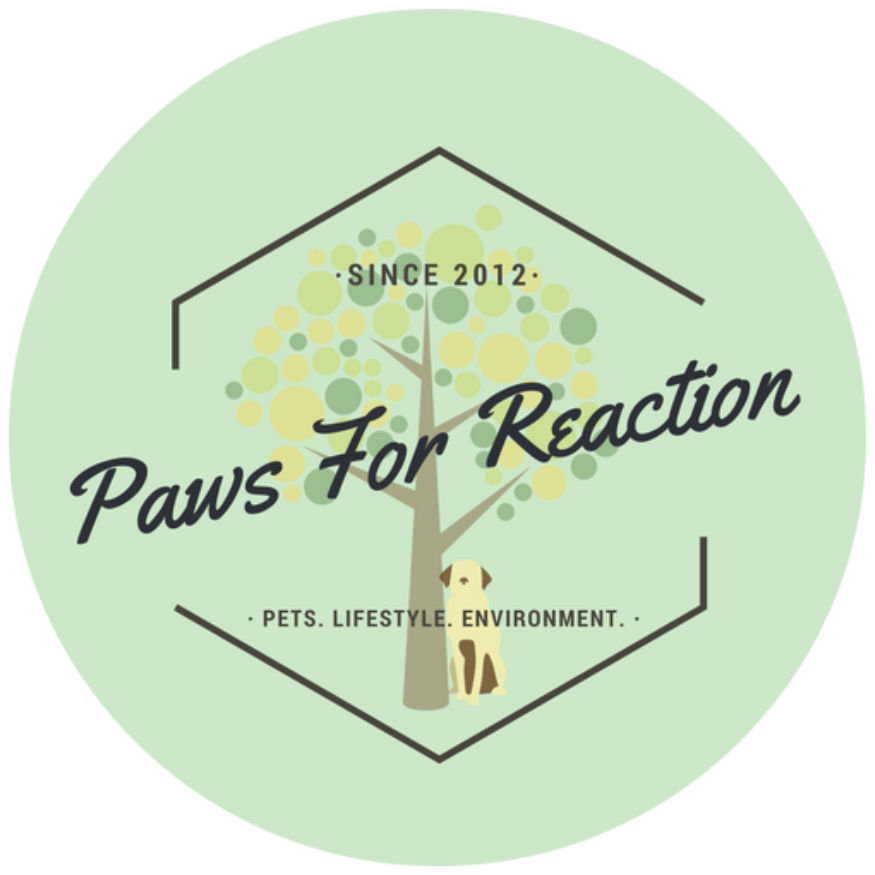
A VOICE FOR THE VOICELESS
PAWS FOR REACTION is celebrating 12 years! Ottawa-based pet care and nutrition, environmental, and lifestyle blog- always searching for the best in pet care, eco-friendly products and fun local events! Come explore with Hazel, the Saint Bernese, as she lives her best, food-driven, outdoor-loving, asymmetrical, #DogLife
ABOUT ME: I have nine years of experience working in veterinary medicine. I'm a Climate Reality Project Leader and have spent years volunteering with organizations including OSPCA, Farley Foundation, Ontario Nature, Future Ground Network, and Girl Guides of Canada.
ASK A VET: Safe holiday tips & dog grooming trends
POPULAR POSTS
Search This Blog
Blog Archive
CHECK OUT MY WORK!
- AAHA Trends Magazine Interview- Practice of the Year 2016
- PAH Blog- Interview with Dr. Alison Seely, veterinary chiropractor and author
- The Pembroke Observer- OSPCA Paws to Support Local
- Scout Knows- Heart failure and pet insurance coverage
- Court Outdoors- Meet me on the water- Ottawa Valley SUP
- PAH Blog- Eight reasons to choose an AAHA veterinary practice
- Traversing- Snowshoe at Petawawa Terrace Ontario Park
- Scout Knows- Best dog harness for every dog
- DeliveryRank Interview: The blog, the dog, and so much more!
- PAH Blog- Why is my dog itchy?
SAFE PET ONTARIO
Contact Form
Powered by Blogger.
Translate
DOG OWNER RESOURCES
- Canadian Association Of Veterinary Cannabinoid Medicine (CAVCM)
- American Heartworm Society
- Veterinary Oral Health Council Accepted Dental Products for Dogs (VOHC)
- Royal Canin Canine Nutrition
- Essex Animal Hospital Canine Rehab and Fitness
- Dog Health by Purina
- Dog Health
- Zoetis Dog Blog
- Canadian Kennel Club (CKC)
- Canine Behaviour Dr. Colleen Wilson
- Canine Illustrated Articles Northwestern Veterinary Hospital
- Everything you need to know about Canine Parvovirus- Pembroke Animal Hospital
- American Kennel Club (AKC)
- Puppy Hub- Banfield Pet Hospital
- OVMA Dog Owner Handbook
Categories
PET OWNER RESOURCES
- Veterinary Partner (VIN)
- Ontario Veterinary Medical Association (OVMA)
- American Animal Hospital Association (AAHA)
- Find a Veterinarian in Ontario (CVO)
- Canadian Veterinary Medical Association (CVMA)
- Pet Health Network (IDEXX)
- Indoor Pet Initiative
- World Small Animal Veterinary Association (WSAVA)
- Pet Nutrition Alliance
- American Veterinary Dental College
- Germs and Worms Dr. Scott Weese
- Companion Animal Parasite Council (CAPC)
- Pet Poison Helpline
- ASPCA Poison Control
- Pet Microchip Look-up
- Pet Card Veterinary Care Financial Assistance


.png)
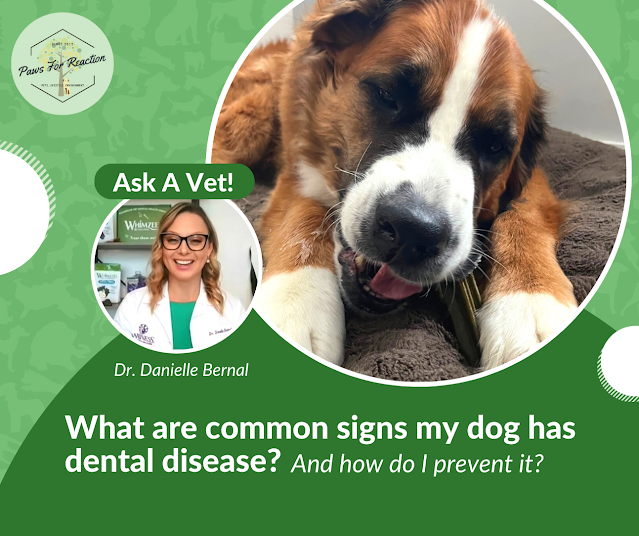
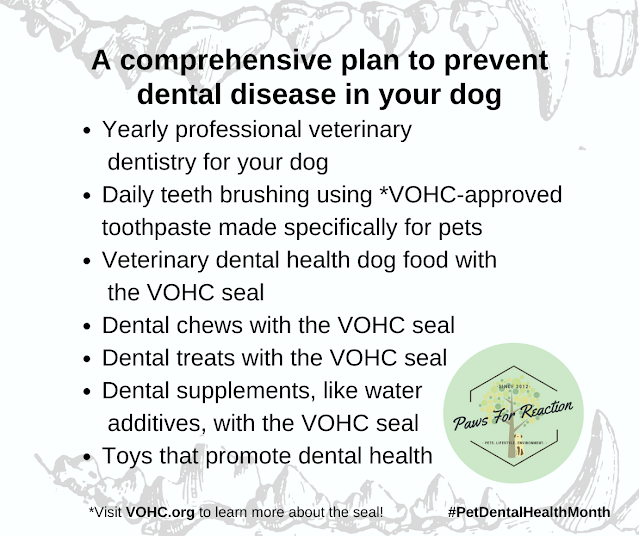
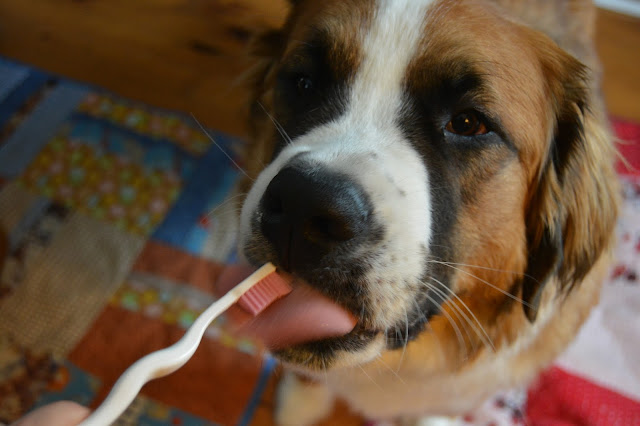

.png)


.png)

